Beyond Funding: Why MENA’s New VC Funds Are Offering More Than Money
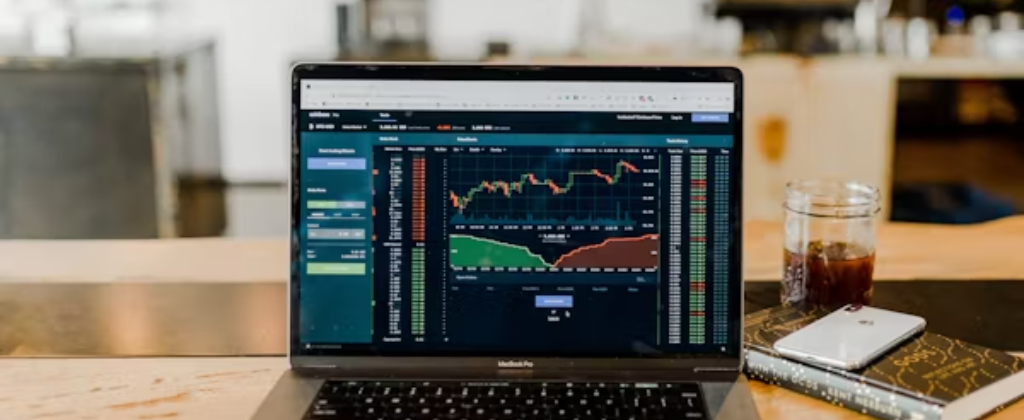
When F6 Group announced the launch of F6 Ventures, a seed-stage investment arm targeting startups in Egypt and the broader MENA region, the headlines weren’t just about the size of the fund or the number of deals — they were about something less tangible yet potentially more valuable: mentorship, market access, and hands-on operational support.
Why Now?
The MENA startup scene is maturing but unevenly. In Egypt, the number of early-stage ventures has surged, yet survival rates remain a challenge. At the same time, Gulf markets are opening faster than ever, offering opportunities that require speed, market knowledge, and execution strength.
This creates a gap: founders have the ambition and ideas, but not always the operational know-how to scale regionally. F6 Ventures and similar funds are stepping in to close that gap, betting that smart capital money paired with guidance will produce stronger, more sustainable businesses than cash alone.
Has This Happened Before?
Yes, but sporadically. Some funds in the UAE and Saudi Arabia, such as those tied to accelerators like Hub71 and Flat6Labs, have offered non-financial support. However, these efforts were often limited in scope or sector. What’s new is the scale and intentionality behind recent moves like F6 Ventures, aiming to standardize “value-add” as a core offering, not a perk.
Who’s Affected?
Early-stage founders in Egypt and MENA who often lack access to expert networks.
Investors seeking better portfolio returns in a high-risk environment.
Ecosystem builders who see the potential for stronger cross-border collaboration when startups have operational backing.
Why Mentorship Matters in MENA
In markets with fragmented regulations, emerging industries, and talent shortages, advice from someone who’s scaled before can save months of costly trial-and-error. For example:
- Market access introductions to decision-makers in GCC conglomerates.
- Operational efficiency setting up processes that prevent early burnout.
- Regulatory shortcuts navigating fintech licenses or e-commerce compliance in multiple jurisdictions.
- Data from MAGNiTT’s 2024 report shows that MENA startups receiving structured mentorship were 40% more likely to raise follow-on rounds within 18 months compared to those without.
Expert Voices
Ahmed Farid, a Cairo-based fintech founder, shared:
“We raised $500,000 two years ago, but it was the weekly calls with our lead investor’s network that kept us alive. Without that, we would’ve run out of both ideas and money.”
Similarly, F6 Ventures’ managing partner stated in the press release:
“Capital opens the door. Strategic guidance keeps it open.”
A Wider Pattern Emerging
From Abu Dhabi to Cairo, VC funds are quietly evolving into ecosystem architects. Rather than treating startups as isolated bets, they’re creating integrated communities of founders, mentors, and corporate partners.
This aligns with the GCC’s Vision 2030 initiatives and Egypt’s push for a more resilient private sector — both of which emphasize innovation-led growth.
Takeaway
The next chapter of MENA’s startup story won’t just be about who raises the biggest round — it will be about who can stay in the game long enough to matter. If the region’s new VC funds can deliver on their “beyond money” promise, the survival rate of early-stage companies could rise dramatically.
For founders, the message is clear: the best investor may not be the one offering the biggest check, but the one offering the most doors to open.




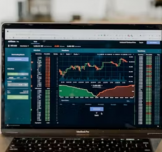














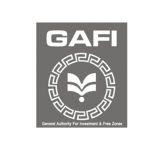







































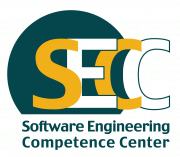




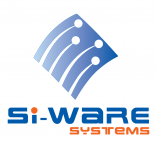




EgyptInnovate site is not responsible for the content of the comments